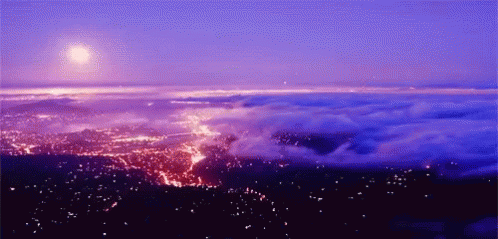The intricacies and laws governing the universe point towards the existence of a divine creator.
Consider the remarkable timing of the establishment of the four fundamental forces—gravity, weak nuclear force, electromagnetism, and strong force—mere moments after the creation of the universe.
Consider, for instance, the ratio of electromagnetic force to gravitational force between a pair of protons, which is approximately 1 followed by 36 zeros. If this ratio were significantly smaller, only a short-lived universe could exist, incapable of fostering the complex structures necessary for life as we know it.
Think about the remarkable precision and complexity found within the architecture of a cell.
Did the intricate structures and functions within a cell, which serve as the building blocks of life, come into being by chance? The probability of such intricate architecture arising randomly is staggeringly low, suggesting a deliberate design behind the cellular machinery that sustains life.
Consider the complexity of human DNA which contains millions of characters of intelligent information. Did this vast repository of genetic information arise purely by chance?
Something can’t come from nothing
When we contemplate the origin of the universe, the question arises: can something come from nothing? The fundamental principle of causality suggests otherwise—nothing plus nothing multiplied by nothing equals nothing. Thus, the existence of the universe itself implies the presence of a creator beyond the constraints of our understanding.
We didn’t create ourselves
Furthermore, consider the profound concept that we did not create ourselves. The complexity and intricacy of human existence, from the cellular level to consciousness itself, defy the notion of random chance. Instead, they point towards a perfect creator who fashioned us with purpose and intent. From the vastness of the cosmos to the intricacies of life on Earth, the evidence overwhelmingly supports the existence of a higher power guiding our existence.
There must be a supreme creator for this world to exist
This precise balance highlights the delicate design of the cosmos, reinforcing the notion of a supreme intelligence guiding its formation and evolution.

SUBSCRIBE NOW
Subscribe to our newsletter to get our newest articles instantly!
